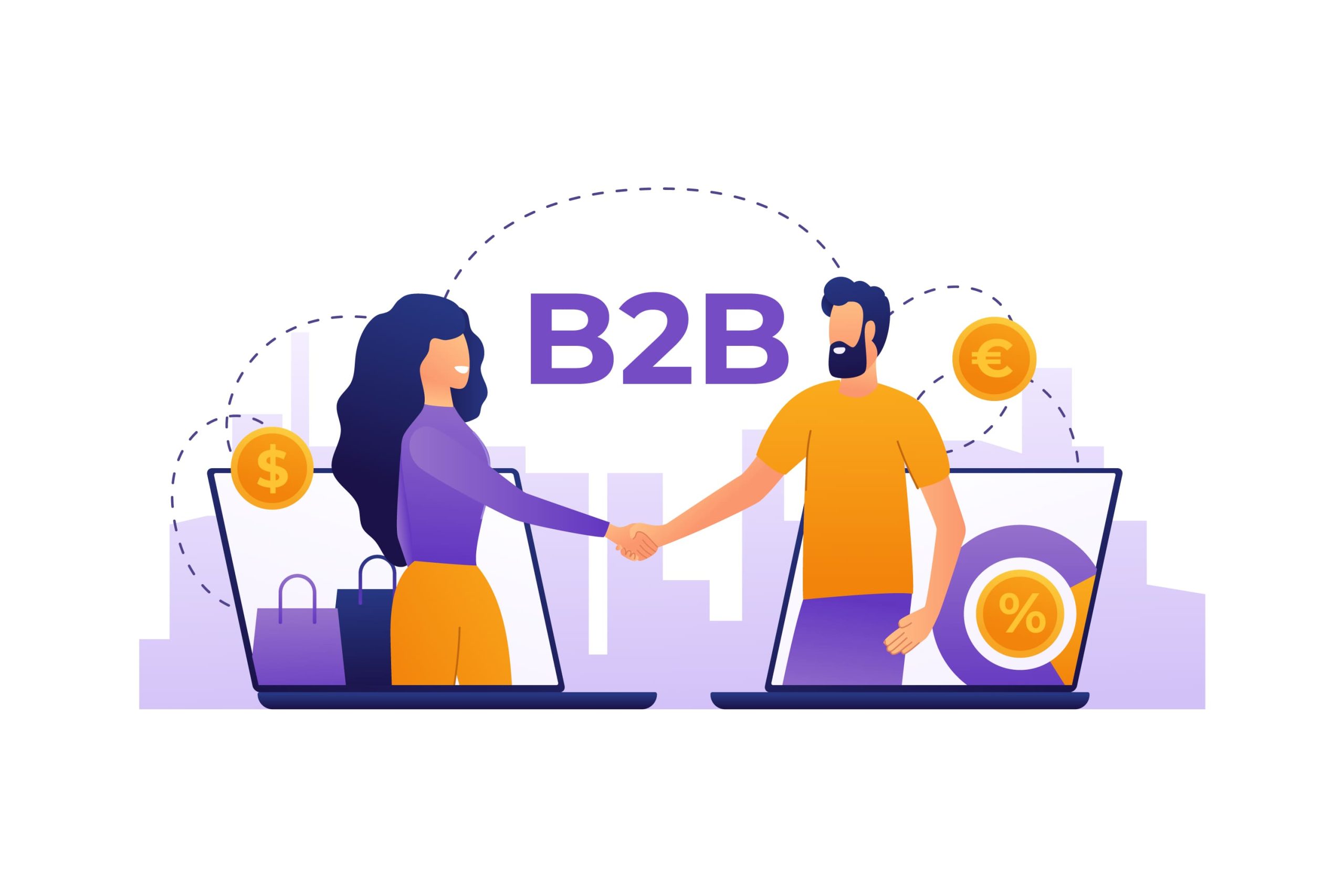
Why Is Authenticity Important When Marketing to Gen Z
When it comes to marketing to Gen Z, authenticity isn’t just a buzzword—it’s a necessity. Born between the mid-1990s and early 2010s, Gen Z has grown up with instant access to information, endless choices, and a strong sense of social awareness. This generation is quick to call out anything that feels inauthentic or overly promotional. For brands hoping to engage them effectively, understanding the importance of genuine, transparent communication is key.
Who Is Gen Z and Why Do They Matter?
Before diving into strategy, it’s important to answer a crucial question: why is Gen Z important to marketers? Gen Z is the most digitally fluent generation to date, with massive influence over online trends, social commerce, and buying decisions—both for themselves and within their households. As this group enters the workforce and gains financial independence, their purchasing power continues to grow rapidly.
And why is Gen Z called Gen Z? The term follows the alphabetical naming trend after Gen X and Gen Y (Millennials). But in reality, this generation defies labels—they prioritize values over labels and demand that brands do the same.
The Core Difference: Marketing to Gen Z vs Millennials
It’s tempting to lump Gen Z and Millennials together, but the way they consume content and make decisions is quite different. This distinction is crucial when comparing marketing to Gen Z vs Millennials. While Millennials value brand prestige and are influenced by online reviews, Gen Z craves realness, representation, and relevance. They look beyond the polished ads and seek out brands that align with their beliefs and speak their language.
For instance, Gen Z prefers creators over celebrities, storytelling over hard selling, and values-based messaging over flashy gimmicks. They are highly skeptical and quick to dismiss anything that feels forced or fake.
The Role of Authenticity in Gen Z Marketing Strategies
So what exactly does authenticity mean in Gen Z marketing strategies? It means being honest, transparent, and human. Gen Z doesn’t expect perfection—they expect honesty. They want to see the people behind the brand, understand your values, and know where you stand on issues that matter.
Here are a few key pillars of authentic marketing for Gen Z:
1. User-Generated Content
Gen Z trusts peer recommendations more than any brand message. UGC (user-generated content) provides real-life proof that a brand delivers on its promise. Encouraging your customers to share experiences builds community and authenticity.
2. Social Responsibility
This generation wants brands to take a stand. Whether it’s sustainability, diversity, or mental health awareness, Gen Z rewards companies that are active and transparent about social causes.
3. Behind-the-Scenes Access
Giving your audience a peek behind the curtain can humanize your brand. From “day in the life” content to founder stories, raw and relatable content performs better than over-polished campaigns.
4. Influencer Partnerships—The Right Way
Partnering with influencers can be powerful—but only when done authentically. Gen Z can sniff out paid promotions in seconds. The best influencer partnerships feel natural and align with both the creator’s and the brand’s values.
Tips for Brands: How to Be More Authentic
- Use clear, conversational language. Skip the corporate jargon. Speak the way your audience speaks.
- Be transparent. Whether it’s about pricing, production, or your mission—be open and honest.
- Admit mistakes. Owning up to missteps and showing how you’re improving builds trust.
- Engage, don’t just broadcast. Gen Z wants conversations, not monologues. Use social media to interact, not just advertise.
Final Thoughts
Authenticity isn’t a strategy—it’s a commitment. When brands approach marketing to Gen Z with honesty, empathy, and value-driven messaging, they build not just loyal customers, but passionate advocates. In a world saturated with ads and content, it’s the real stories, real voices, and real values that stand out.
As the digital landscape evolves, so must your approach to Gen Z marketing. Understand their mindset, respect their values, and most importantly—keep it real.





